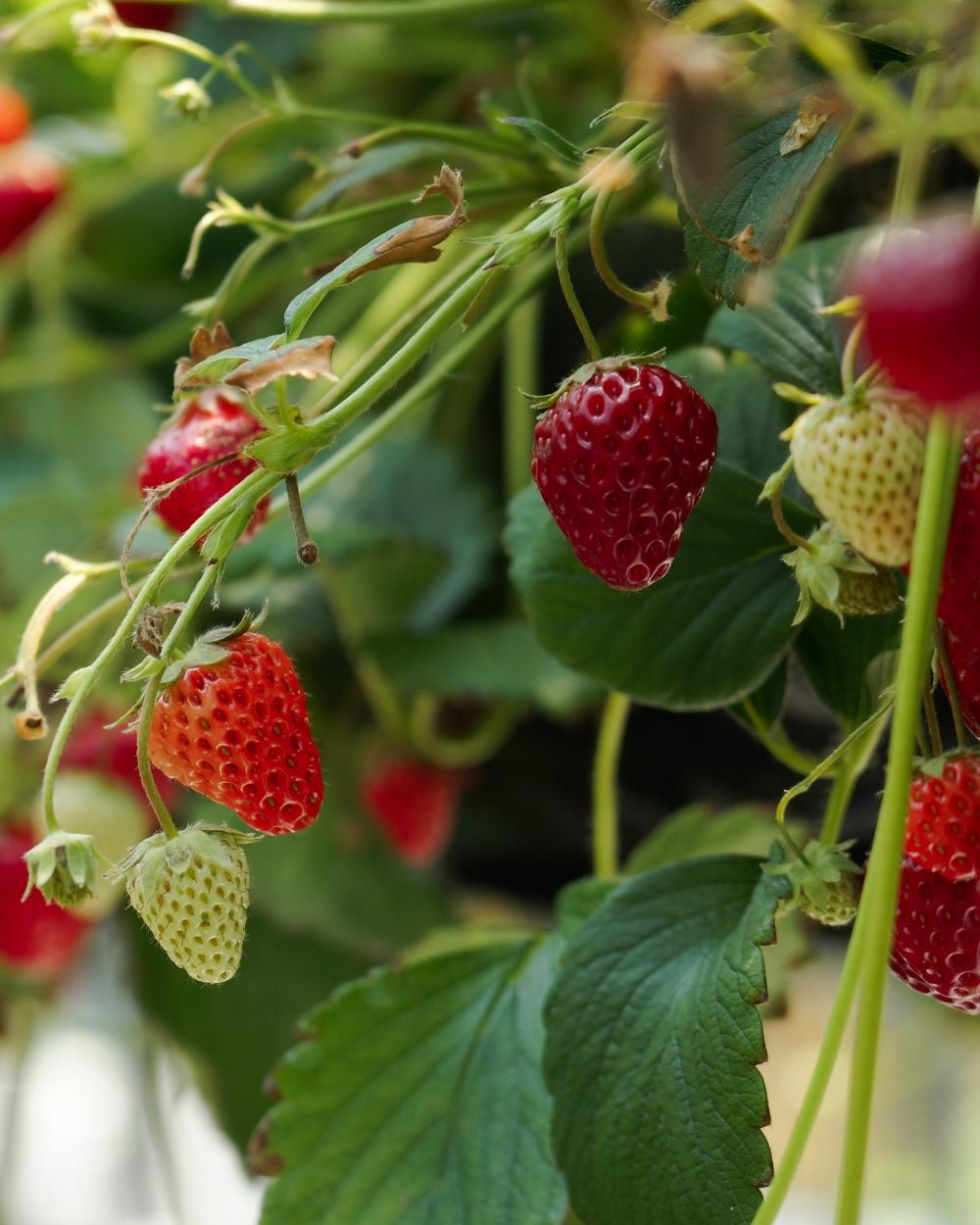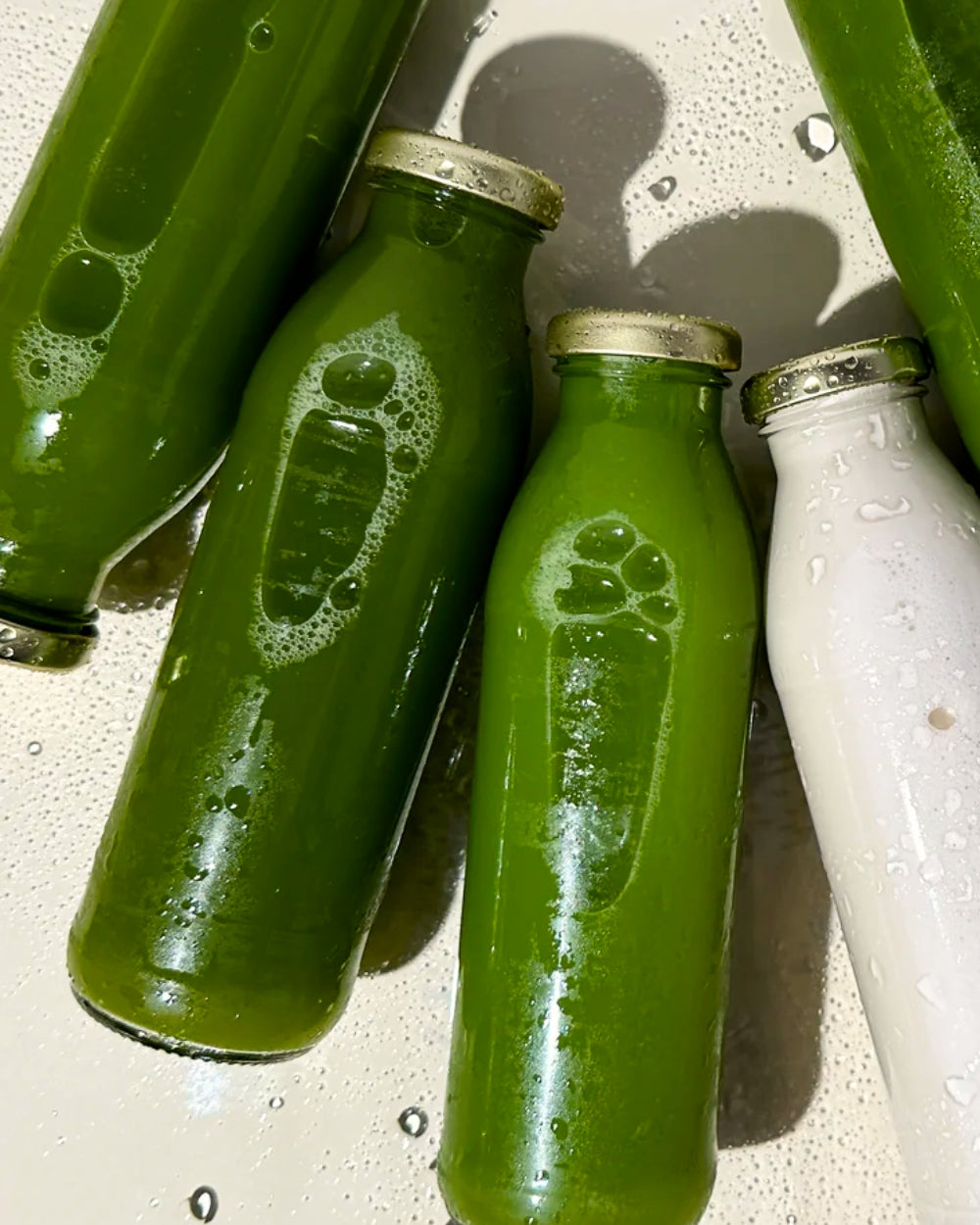Not all produce is grown equally, and when it comes to reducing your exposure to synthetic pesticides, some foods are worth choosing organic every time. At Organika, we believe food should be as close to nature as possible. If you're just starting your organic journey or looking to prioritise your food choices, this guide highlights the top 10 organic foods most worth choosing based on health impact, growing practices, and pesticide exposure.
A Story from the Soil
Years ago, a local farmer once told us, "Healthy soil grows food that speaks to the body." We’ve never forgotten that. At our store in Noosaville, we see daily how the quality of food reflects the care that went into growing it. Shoppers ask questions. They read labels. They taste the difference. And so do we.
Every apple, egg, or jar of sauerkraut on our shelves has a story, of farmers choosing slower, more natural methods. Of soil nurtured instead of stripped. Of ecosystems working in harmony rather than under pressure.
We created this list not just as a guide, but as a window into the types of foods that deserve a little extra love and care. They're also some of the most common items in your trolley, and the most likely to carry pesticide residues if not grown organically.
Why Choose Organic?
Organic foods are grown without synthetic pesticides, herbicides, fertilisers or GMOs. They are also free from artificial preservatives and additives, and often grown with regenerative and biodynamic practices that care for soil health and biodiversity.
Some produce, especially those with thin skins or that are eaten whole, tend to absorb more pesticide residue. This is where the \"Dirty Dozen\" an annually updated list by the Environmental Working Group (EWG), comes in. These are the fruits and vegetables most heavily sprayed with pesticides when grown conventionally.
Whenever possible, choose organic versions of these foods to reduce your toxic load and support sustainable agriculture.
1. Organic Berries
High in antioxidants and topping the Dirty Dozen list, organic berries offer powerful immune and heart support without chemical residues.
2. Organic Leafy Greens
Spinach, kale, and silverbeet are vitamin-rich but pesticide-prone. Organic options protect your health while delivering essential nutrients.
3. Organic Apples
Popular but heavily sprayed, organic apples are a safer, cleaner source of fibre and plant-based compounds.
4. Organic Avocados
Low on pesticide risk but high on sustainability concerns, organic avocados are a smart and ethical choice.
5. Organic Cruciferous Vegetables
Broccoli, cauliflower and Brussels sprouts offer cancer-fighting properties that shine brightest when grown organically.
6. Organic Whole Grains
Grains like oats and quinoa can contain glyphosate. Organic grains help reduce exposure while offering nourishing fibre and minerals.
7. Organic Nuts and Seeds
Skip the fumigants and get your good fats clean, choose organic almonds, walnuts, chia and flaxseed.
8. Organic Garlic
A healing food used for generations, organic garlic preserves its medicinal qualities without chemical interference.
9. Organic Fermented Foods
Kimchi, sauerkraut and kefir are gut-friendly, and even better when made without hidden additives or GMOs.
10. Organic & Grass-Fed Meat and Dairy
For ethical, nutrient-rich protein, choose pasture-raised and certified organic meat and dairy. It’s better for your body and the land.
Prioritise Where It Matters
We know eating 100% organic isn’t always realistic. But prioritising the most pesticide-prone foods is a great place to start. At Organika, we make it easy to choose well, with clearly labelled certified organic options, local produce, and wholefood staples you can trust.
We walk these aisles daily, speaking with growers, tasting new arrivals, and listening to our community’s evolving needs. Organic food isn’t a trend for us, it’s a story we live every day.
Shop with intention. Eat with confidence. Feel the difference.


